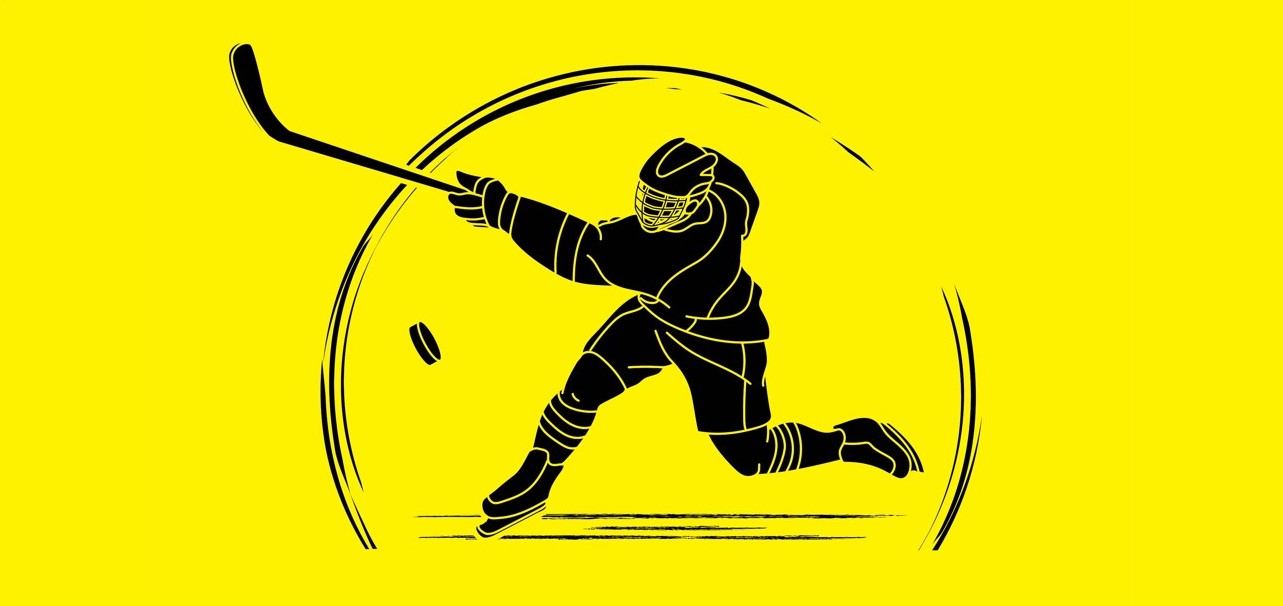Gold Coast, Australia, 12 April 2023: It’s remembered as the “Miracle on Ice”. At the 1980 Winter Olympics in Lake Placid, the US men’s ice hockey team – a no-hope bunch of amateurs and minor leaguers – stunned the mighty Soviet Union, four-time defending champions, 4-3 in an epic medal round clash. The humble hosts went on to clinch the gold medal in their next game. In 1999, Sports Illustrated magazine named it the greatest sporting moment of the 20th century.
In Bosnia and Herzegovina recently, we had the debacle on ice. A song linked to Hong Kong’s 2019 anti-government protests was played instead of the Chinese national anthem, March of the Volunteers, after Hong Kong beat Iran in the 2023 Ice Hockey World Championship’s Division III tournament. With the mishap coming after similar mistakes at other sports events overseas – errors which prompted our Sports Federation and Olympic Committee to issue strict protocol procedures to sports associations – the fallout has been significant.
Furious SF&OC officials have demanded both a written explanation and a roadmap for improving corporate governance from the Hong Kong Ice Hockey Association, accusing it of “unwillingness and evasiveness” to face the facts. The unabashed ice hockey body has hit back, arguing the SF&OC has failed to admit its own role in the blunder and is engaging in, ahem, passing the puck. Amid the acrimony, Secretary for Culture, Sports and Tourism Kevin Yeung has hinted the government may cut the Ice Hockey Association’s budget, although he has assured players they will continue to receive funding to take part in international competitions.
Quite right, too, it’s hardly their fault. Support for the athletes has come from an unlikely quarter, former Financial Secretary John Tsang, runner-up to Carrie Lam in the 2017 Chief Executive election. (It’s tempting, by the way, to wonder what our city would be like today if he had won.) “Ice hockey is not popular in Hong Kong and does not receive much support,” he points out. “It’s definitely not easy for these young players to undergo hard training and represent the city. We should support them, as well as all the local athletes, with all of our heart.” Absolutely.
Thankfully, the smiles are back on many people’s faces due to the exploits of our female ice hockey team. If not quite a miracle, Hong Kong have made history by being crowned champions of their group in the Ice Hockey Women’s World Championship Division III tournament in Romania this past weekend. A 3-0 victory over Estonia secured their best ever finish in international competition. And, yes, March of the Volunteers was correctly played at the medal ceremony, with the players all singing proudly. Phew!
The victorious ladies have returned with their gold medals to a city that is quieter than usual. Shops and F&B outlets have reported sluggish business over the Easter holiday, as official figures show nearly 860,000 residents left town while just 245,000 visitors arrived during the first three days of the long weekend. It was reported the exodus, equal to almost 12% of our city’s 7.3 million population, had left operators struggling, with some experiencing as much as a 20% slump in business.
Simon Wong, President of the Hong Kong Federation of Restaurants and Related Trades, paints a gloomy picture, saying turnover which picked up soon after pandemic restrictions were relaxed in December has dwindled: “Comparing levels in the past two months, there has been a 15 to 20% decline. The impact is quite large.”
There are several factors at play. Ching Ming Festival – also known as tomb-sweeping day and a significant public holiday – fell on Wednesday last week. Combined with the Easter weekend, it means Hongkongers have been able to fly off for two weeks while using up just seven days annual leave. The outflow includes your correspondent, currently honing his golf game on Australia’s Gold Coast. Then there is the enthusiasm of citizens to travel again after three years of Covid-19 restrictions. As well, our city’s tourism industry has yet to properly pick up. According to the Tourism Board, we welcomed 1.46 million arrivals in February; by comparison, 65 million tourists came to Hong Kong in 2018. Secretary for Culture, Sports and Tourism Kevin Yeung (yes, him again, he’s a busy man) plans to introduce more high-end attractions to lure big spenders and convince overnight visitors to stay longer, thus generating greater revenue.
Struggling with this lack of visitors, operators of cross-border and tour bus services have another headache: government proposals to revamp fees for vehicles using the three road tunnels connecting Hong Kong Island and Kowloon. For the uninitiated, the original Cross-Harbour Tunnel (opened in 1972), is the cheapest and most congested; the Eastern Harbour Crossing (1989) is slightly more expensive while the Western Harbour Crossing (1997) is way more costly and distinctly underused. The toll overhaul, to be implemented in two phases from August, aims to reduce road-based cross-harbour traffic generally and achieve more even use of the tunnels. It includes a hefty price hike for commercial vehicles using the Cross-Harbour Tunnel.
Cue indignation from business owners – “We serve the public, unlike private cars!” – met with shrugs from transport officials, who point out such vehicles account for 25% of tunnel traffic during peak hours. In this instance, the latter have my sympathy. They’ve tried to be fair in resolving a long-standing issue when the temptation might have been to leave it on ice, so to speak.
Anthem angst, tourism troubles and now a helping of road rage. Clearly, keeping everyone happy in Hong Kong these days requires – yes, you’ve guessed it – a miracle.
Until next time, everybody!
Colin Cohen
Senior Partner
Boase Cohen & Collins



